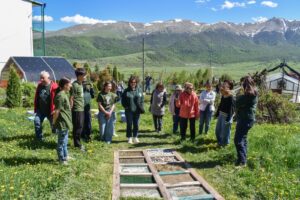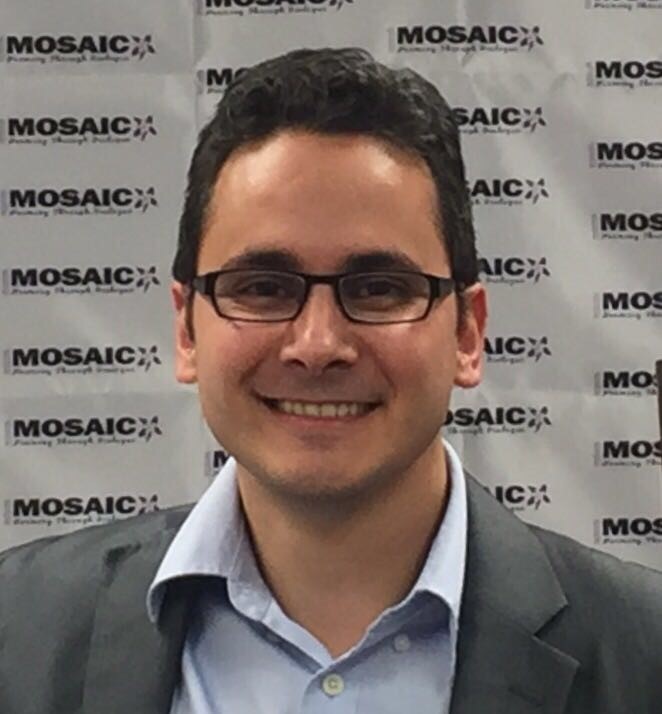By Ismail Akbulut
On August 3, a hate-driven heinous mass shooting targeting immigrants in El Paso, Texas left 22 people dead and added another chapter to the saddest of American stories.
The tragedy made me reflect on the lives lost. They came to the US in search of a better future. Their deaths reminded me of the stories and tragedies of so many who look for the same thing.
I came to America over a decade ago with my young family. Both my wife’s and my family had emigrated from Turkey to Germany in the 1970s.The US meant opportunity for us. We were young and idealistic.
The history of the US is well-known. This country has traditionally been a shelter for the oppressed, a refuge for the persecuted, and a land of hope for people fleeing tragedies that range from discrimination to famine.
From 1892 to 1954, Ellis Island was the gateway for about 12 million of these people. They all went through a tough vetting process that included a myriad of tests and examinations, but about 98 percent of them were allowed in.








